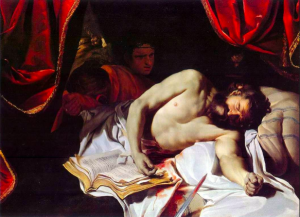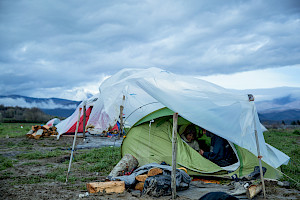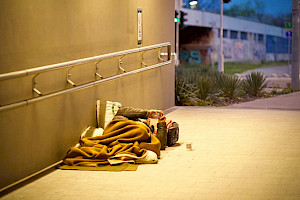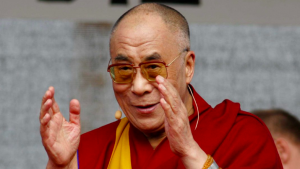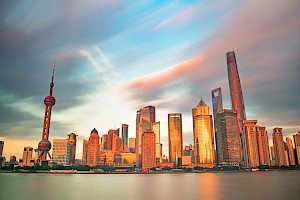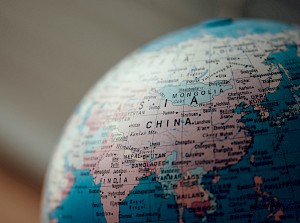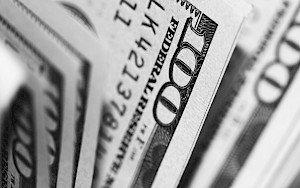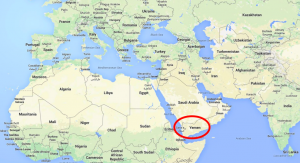It's Not Just Me, It's Getting Crazier Out There
November 26, 2019“Do you hear the people sing?
Singing a song of angry men?
It is the music of a people
Who will not be slaves again!”
-Les Miserables
 Joker recently hit the big screen and I couldn’t wait to see it. While I’m not a big fan of the Marvel/DC comic book genre, I’m a huge fan of Joaquin Phoenix and consider him one of the top actors in the industry. I was blown away by his portrayal of Arthur Fleck (aka the Joker).
Joker recently hit the big screen and I couldn’t wait to see it. While I’m not a big fan of the Marvel/DC comic book genre, I’m a huge fan of Joaquin Phoenix and consider him one of the top actors in the industry. I was blown away by his portrayal of Arthur Fleck (aka the Joker).
But as I exited the theatre, I was overcome by a troubling thought... had I just been given a glimpse into our future? While critics are divided on the film’s merits, and others are concerned it’s aspirational to potential mass killers, my discomfort stems from its underlying message. It’s a message that speaks to a more insidious issue permeating societies around the world - the growing anger over inequality. In fact, it wouldn’t surprise me if some viewers from the ruling class saw this film as more of a horror movie.
That horror did not emanate from the creepy behaviour of the Joker. Instead, it was the behaviour of the “street mob” that got my attention. Sure the 99% violently revolting against the 1% was highly dramatized, but it’s not impossible to extrapolate what may lay in store if we don’t properly address the current anger and discontent of the average citizen.
Demonstrations are on the rise around the world, and while some are inspired by themes such as climate change, most are about disenfranchisement, economic disparity and a hostility against the ruling elite for having failed them. In the past few months, Lebanon, Chile, Ecuador, Bolivia, Iraq and most recently Colombia have all experienced mass demonstrations, some of which have turned violent.
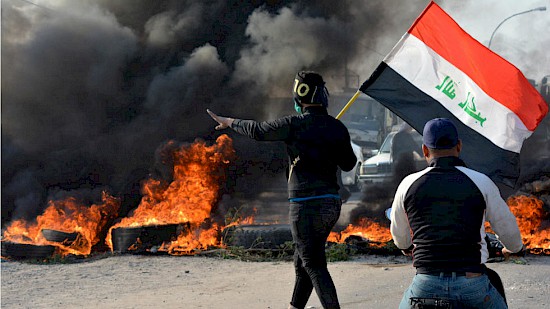 What set off these protests may seem trivial - price hikes for subway tickets in Chile, WhatsApp surcharges in Lebanon, and elimination of fuel subsidies in Ecuador. But these were just final straws. The common thread throughout is frustration that household incomes are not keeping up with rising costs. What is turning this frustration into rage is the view that governments are dysfunctional, corrupt and beholden to special interests. Politicians seem unwilling to change the system and structures that disproportionally favour the elites.
What set off these protests may seem trivial - price hikes for subway tickets in Chile, WhatsApp surcharges in Lebanon, and elimination of fuel subsidies in Ecuador. But these were just final straws. The common thread throughout is frustration that household incomes are not keeping up with rising costs. What is turning this frustration into rage is the view that governments are dysfunctional, corrupt and beholden to special interests. Politicians seem unwilling to change the system and structures that disproportionally favour the elites.
To date, we haven’t seen the kind of mass demonstrations that target inequality and the failure of government in the US. But that’s not to say it’s not possible or likely. The remnants of Occupy Wall Street still linger. But thus far, the anger and frustration has manifested itself only through a shift towards populism with the election of Donald Trump.
What happens when it becomes clear that the manufacturing jobs are not returning despite the promises? What happens when automation wipes out millions more jobs in banking, food services or long-haul trucking? What happens when we finally enter a recession?
It will be dire for those in the lowest income brackets. According to a recent report a startling 44% of Americans age 18 to 64 are low-wage workers. Their median wage is $10.22 an hour and their annual pay is $17,950. Worse still, the millions of Americans in low-wage jobs are likely to stay there.
What will serve as the tipping point for this large percentage of the US population? And more concerningly, what will happen after the failure of Trumpism to address this dissatisfaction?
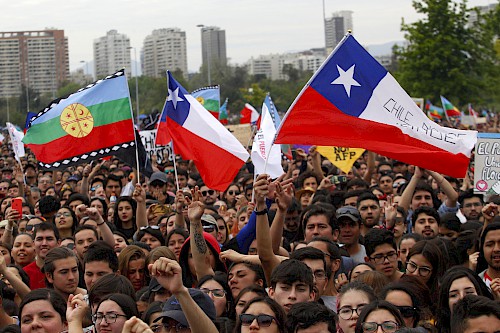 Over the past 20 years, I have written frequently about one of the main drivers behind the widening wealth gap on my frankgiustra.com blog. This gap has become especially profound in the aftermath to the 2008 financial crisis. Monetary policy (formulated by the Federal Reserve and cheered on by Wall St.) has not only utterly failed in its stated objectives of resurrecting the Main Street economy, it has created the greatest transfer of wealth this world has seen in the past several hundred years. And all the “free money” went to the rich to the detriment of savers, workers and retirees. No wonder people are angry.
Over the past 20 years, I have written frequently about one of the main drivers behind the widening wealth gap on my frankgiustra.com blog. This gap has become especially profound in the aftermath to the 2008 financial crisis. Monetary policy (formulated by the Federal Reserve and cheered on by Wall St.) has not only utterly failed in its stated objectives of resurrecting the Main Street economy, it has created the greatest transfer of wealth this world has seen in the past several hundred years. And all the “free money” went to the rich to the detriment of savers, workers and retirees. No wonder people are angry.
In my opinion, we are reaching a moment of crisis. I can’t see a reversal of this “forever-free money” environment until a major restructuring takes place. But the problem with restructuring is it comes with a lot of pain and hardship. And guess who would bear the brunt of it?
During a key moment in the movie, the Joker asks “Is it just me, or is it getting crazier out there?”
World renown investor, Ray Dalio seems to give a resounding YES to that question in his recent piece, The World Has Gone Mad. Dalio provides a great, but sobering, explanation of the paradigm shift that is about to take place and it’s not pretty.
The only remaining question is how the masses will react? Will they bring out the pitchforks -- read this excellent article The Pitchforks Are Coming... For Us Plutocrats or will there be more peaceful Gandhi-like protests?
I pray for the latter.

